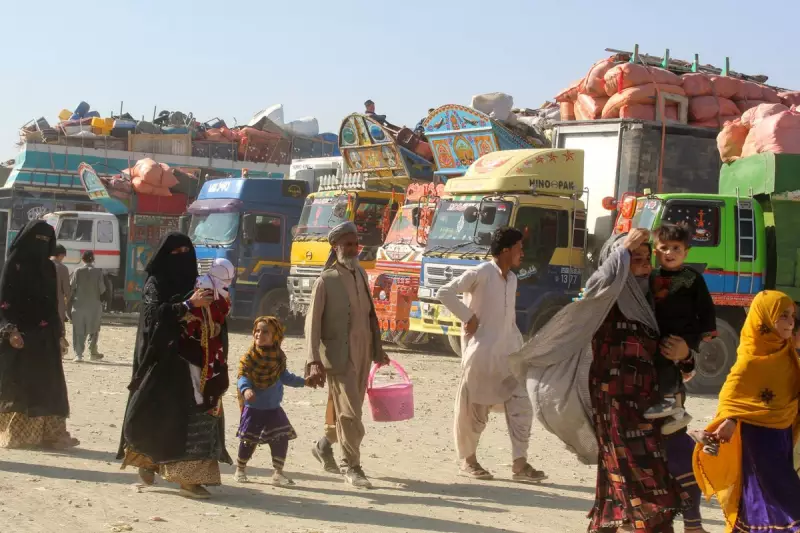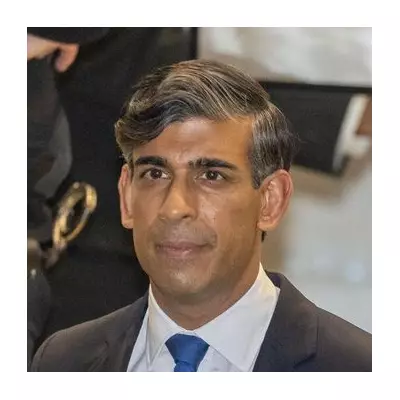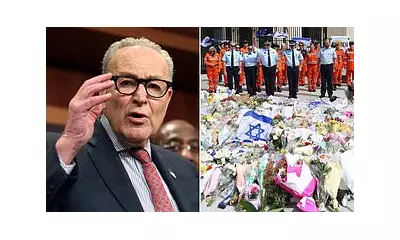
In a revelation that has stirred international controversy, former US President Donald Trump allegedly explored creating a special refugee programme exclusively for white South Africans during his presidency, according to recent reports.
The Proposed Plan
Sources close to the Trump administration revealed that the former president had directed aides to investigate establishing a specific immigration pathway for white South Africans. Trump reportedly argued that this demographic faced significant persecution and required protection through America's refugee system.
The proposal, which never materialised into official policy, would have marked an unprecedented departure from traditional refugee criteria that typically focus on race-neutral persecution grounds.
Political Backlash and Criticism
The alleged plan has drawn sharp condemnation from human rights organisations and political analysts. Critics argue that such a programme would have fundamentally undermined international refugee conventions and established human rights principles.
"This represents a dangerous politicisation of humanitarian protection," said one immigration expert who spoke on condition of anonymity. "Refugee status should be determined by genuine need, not racial characteristics or political considerations."
South African Context
The proposal emerged against the backdrop of ongoing debates about land reform and economic empowerment policies in South Africa. While some white South Africans have expressed concerns about their future in the country, the notion of systematic persecution remains highly contested among human rights monitors and international observers.
South Africa's government has consistently maintained that all citizens enjoy equal protection under the country's progressive constitution, regardless of race.
Broader Implications
This revelation adds to the complex legacy of Trump's immigration policies, which often prioritised nationalist approaches over traditional international humanitarian commitments. The reported plan raises questions about how future administrations might approach refugee protection and whether political considerations could increasingly influence humanitarian programmes.
As the international community continues to assess this development, the episode serves as a reminder of the ongoing tensions between national sovereignty and global humanitarian obligations in contemporary politics.





